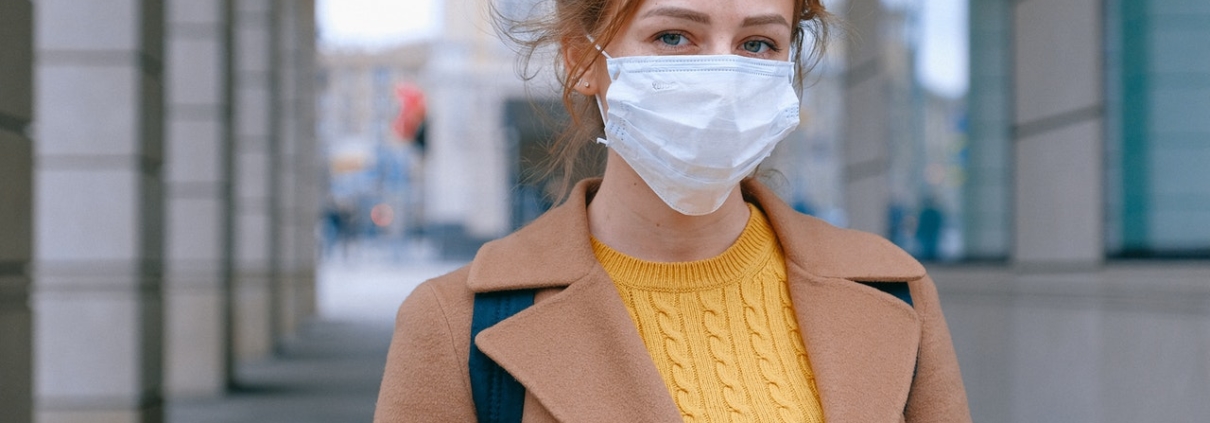As questions about the continued use of potentially unreliable and unregulated live facial recognition (LFR) technology continue. Masks used to protect against the spread of coronavirus may be presenting a further challenge to the technology.
Questions From London Assembly Members
A recently published letter by London Assembly members Caroline Pidgeon MBE AM and Sian Berry AM to Metropolitan Police commissioner Cressida Dick have asked whether the LFR technology could be withdrawn during the COVID-19 pandemic on the grounds that it has been shown to be generally inaccurate, and it still raises questions about civil liberties.
Furthermore, concerns are now being raised about the already questionable accuracy of LFR. The worry, that this could be challenged further by people wearing face masks to curb the spread of COVID-19.
Civil Liberties of Londoners
The two London Assembly members argue in the letter that a lack of laws, national guidelines, regulations and debate about LFR’s use could mean that stopping Londoners or visitors to London “incorrectly, without democratic public consent and without clear justification erodes our civil liberties”. The pair also said that this could continue to erode trust in the police, which has been declining anyway in recent years.
Inaccurate
The letter highlights concerns about the general inaccuracy of LFR. This is illustrated by the example of the first two deployments of LFR this year. During these deployments more than 13,000 faces were scanned but only six individuals were stopped. Five of those six were misidentified. Additionally, of the eight people who created a ‘system alert’, seven were also incorrectly identified.
Others Concerns
Other concerns by the pair outlined in the letter include worries about the possibility of mission creep and the lack of transparency about which watchlists are being used. They are also concerned that LFR will be used operationally at protests, demonstrations, or public events in future e.g. Notting Hill Carnival, and fears that the technology will continue to be used without clarity, accountability or full democratic consent.
Masks Are A Further Challenge
Many commentators from both sides of the facial recognition debate have raised concerns about how the wearing of face masks could affect the accuracy of facial recognition technology.
China and Russia
Chinese electronics manufacturer Hanwang has produced facial recognition technology. It has been reported that is 95% accurate in identifying the faces of people who are wearing masks.
Also, in Moscow, systems have been able to identify those wearing masks. The many existing cameras have been deployed to help enforce the city’s lockdown and to identify those who don’t comply.
France
In France, after the easing of lockdown restrictions, surveillance cameras may be used to monitor compliance with social distancing and the wearing of masks.
A recent trial in Cannes used French firm Datakalab’s surveillance software. It included an automatic alert to city authorities and police for breaches of mask-wearing and social distancing rules and looks set to be rolled out to other French cities.
What Does This Mean For Your Business?
Facial recognition when used under normal circumstances, as intended, could help to fight crime in towns and city centres. However, there are still general questions about the accuracy and impact of LFR on our privacy and civil liberties.
There are genuine concerns that the COVID-19 pandemic could be used as an excuse to use the technology more. Possibly in a way that leads to mission creep.
The pandemic does appear to be making some states less worried about infringing civil liberties as they battle to control a virus that has devastated lives and economies.
Need help with your IT support or telecoms? Call us today on 020 8778 7759, email hello@gmal.co.uk, or visit https://www.gmal.co.uk/contact/

 Anna Shvets
Anna Shvets
 PhotoMix
PhotoMix